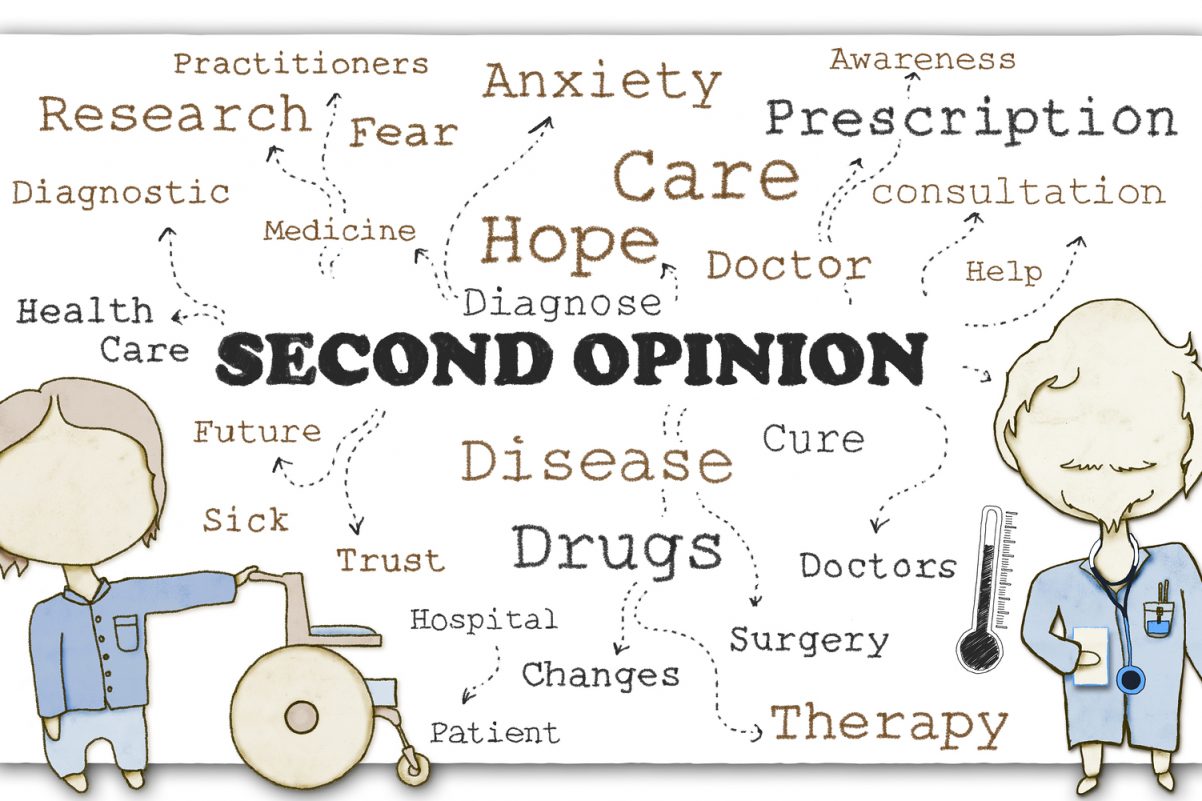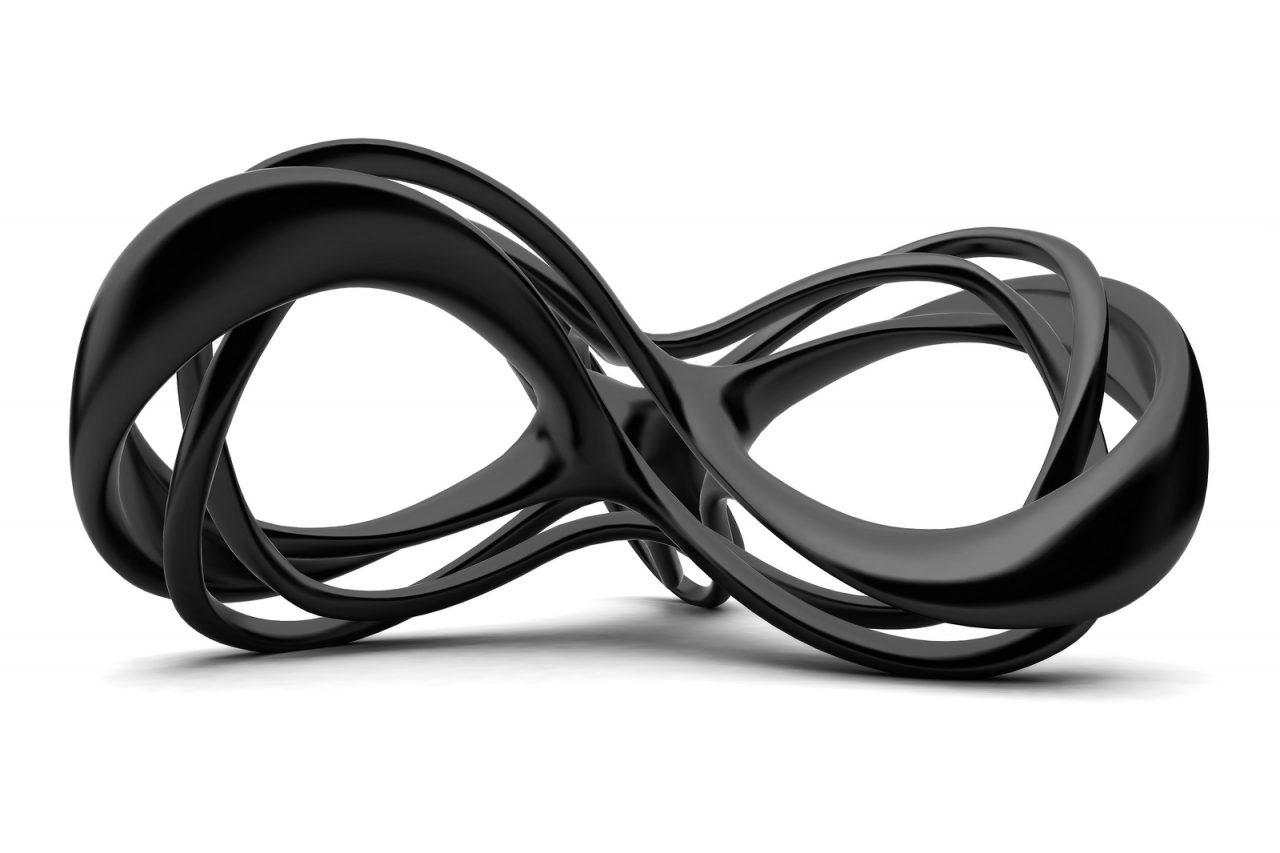There are times, as a healer, I feel helpless. These are not just the moments when cancer consumes. I understand that the dread disease has yet been conquered and there is still terrible loss. This not when I refer a patient elsewhere; I know my limits. Rather, these are the times when I am trapped, ignored, and the result is needless suffering.
In his classic, often quoted, 1942 short story, Runaround, social commentator and science fiction giant Isaac Asimov, introduced the three “ s.” Asimov, and countless other new world thinkers, wrote thousands of pages about the conflicts and challenges these apparently basic ideas represent. It seems to me, sitting by the wheelchair of a man in agony, with a family refusing to relieve his suffering, a family in fact demanding more pain, that Asimov was talking about me, the doctor.
Asimov’s Laws are:
- A robot may not injure a human being, or through inaction, allow a human being to come to harm.
- A robot must obey the orders given it by human beings except where such orders would conflict with the First Law.
- A robot must protect its own existence as long as such protection does not conflict with the First or Second Laws.
Now, you are thinking doctors are not robots. We are an independent “profession.” Self-motivated. Self-educating. Scientists and Artists. Really? The Laws are a modern version of the Hippocratic oath. Buried in these commandments is the turmoil tormenting not only patients, but the medical profession itself.
The Robotic Doctor’s Laws might be:
- A physician may not harm a patient, or through inaction, allow a patient to suffer.
- A physician must obey the decisions of patients except where such decisions would conflict with the First Law.
- A physician must protect the medical profession as long as such protection does not conflict with the First or Second Laws.
Let us do a thought experiment. We will return to the bedside, where it all begins.
The patient is a 45-year-old man with advanced lung cancer. The disease has spread throughout his body, despite extensive treatment. Vertebrae are exploding. He is short of breath and coughs up clots of blood. Five foot, ten inches tall, he weighs 113 lbs, and, because he cannot eat or drink, is sustained by an IV of saline and trace vitamins. He is confused and in pain. Lots of pain.
The family has been designated by the patient to make decisions. Multiple consultants and I have told them that there is no treatment for the cancer and that this, too young, man will die. Nonetheless, they refuse palliative care or DNR (do not resuscitate) and insist that everything be done. More importantly, desperate for a few moments of lucidity, the family absolutely refuses adequate pain control because it may, likely will, cause confusion.
This is a common scenario, in every hospital, every day. Consider this tragic case though the lens of the Doctor Laws. The first Law is in shambles, as through inaction, a human being is harmed. If you have ever sat with a patient too weak to move, with bones crumbling, short of breath, drowning in a foam of blood, you have seen a small part of this hell-cursed suffering.
The second Law has undermined the first, as the orders of the family conflict with the first Law’s “do no harm” prescription. Finally, the third Law is dismantled, as the medical profession is stripped of relevance and the ability to give comfort.
Continuing our experiment, let us test solutions. I can walk away from the case; sign off and tell the family to get another doctor. The sanctity of the medical profession may be protected, but my desertion and inaction allows even more harm by depriving the family and patient of the physician who knows the situation best and has the greatest likelihood of bringing sanity to the situation. Moreover, the patient’s pain will continue.
I can order a morphine drip for this patient, despite the refusal of his family. That may bring comfort to the patient, but is by definition “assault.” This act will harm many more patients in the future as I destroy the integrity of my profession and perhaps lose my license.
I can take the family to court; try to get a judge to order palliative therapy. First, judges usually side with the family, no matter how bizarre their request, and secondly, there is a real-world problem. At any time, in any hospital or oncology practice, there are dozens of such cases. Hundreds of thousands of patients and families suffer through such futile misery every year. This is not a practical solution.
Therefore, I end where we began. The patient, family and doctor suffer. The Laws demonstrate the conflict, which allows and creates the pain.
Perhaps, the Physician Laws are in the wrong order. One could flip the first and second. That makes ultimate responsibility clear; the patient and family are always in control. The doctor’s role is to listen, educate and guide. However, if the first Law is always dominant, and doctors become wise, sentient, skilled robots, but robots regardless, who will protect the patient from harm?
Physicians must recognize the conflicts inherent in giving 21rst Century care, as emphasized in the confusion of the Laws. We cannot ignore suffering, we cannot cause suffering, we cannot stop suffering. The right of the individual to choose their own path is too powerful. Doctors are not in control. Perhaps this is our greatest challenge. Caught between society’s commitment to personal freedom and the realities of disease, there will be many times, when I am helpless.







11 Comments